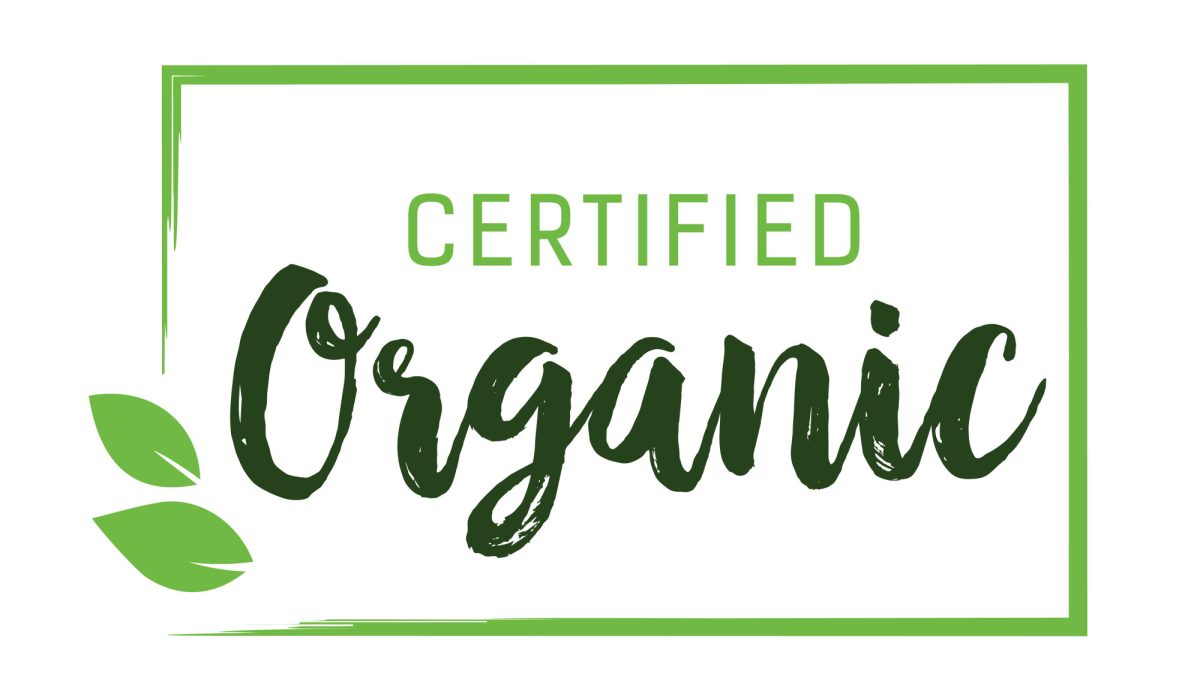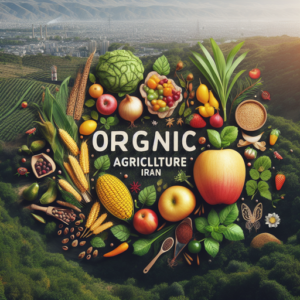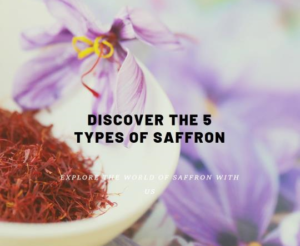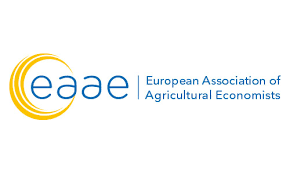Organic products in Iran mostly include food items such as herbals, pistachios, tea, spices, saffron and a limited number of tomato paste as well as seed oil. There are some Certificates required for exporting organic products to all over the world . MRT Food has license for organic cultivation and export of all these products in addition to native products of Iran such as saffron and cumin.
What are the necessary indicators for exporting organic products?
In order to export your product, the product production process must fully comply with the principles and rules of the European Union and other valid global standards. The tracking and registration of organic products in the European Union is completely electronic since 2017.
In order to export to Europe and obtain the COI organic certificate, you must formally declare your request to the desired inspection company. Remember that this certificate is necessary to enter the customs of European countries. It is only by having a COI certificate that it is possible to register and track your product in the customs of the destination country, and if the processes followed are in full compliance with their laws, you will be allowed to enter the market.
International certificate for exporting organic products
For the issuance of international certificates, the geography of the destination country is very important. For example, to export to European countries, you must have previously obtained the EU organic certificate (approved in the 90s).
If you receive this certificate, you will be able to offer organic products to all countries in the European region, major countries in Asia and America. Remember that you will not be able to export your products to Japan just by having the EU certificate.
Presenting organic products in reputable international chain stores such as NETO, REWE, LIDL, WALMART, etc. requires obtaining a very reliable and well-known Global G.A.P certificate. This organic licence will help you sell internationally.
The European Association of Agricultural Economists (EAAE)
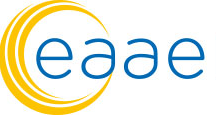
The European Association of Agricultural Economists (EAAE) brings together agricultural economists and others interested in the problems of the agricultural and food industries and rural development in Europe.
It was founded in 1957 and currently has over 1,200 members from more than 50 countries.
The EAAE aims to promote the development and application of agricultural economics in Europe by fostering communication and collaboration among its members. It seeks to advance knowledge and understanding of the economics of agriculture, food, and rural development through research, teaching, and outreach activities.
The association organizes conferences, workshops, and seminars on various topics related to agricultural economics. It also publishes the journal “European Review of Agricultural Economics” and the book series “Studies in Agricultural Economics.”
The EAAE is governed by an executive committee, which is elected by the members. It also has several working groups that focus on specific research areas such as agri-food policy analysis, environmental and resource economics, and rural development.
Overall, the EAAE plays an important role in promoting the study and practice of agricultural economics in Europe and facilitating collaboration among researchers, policymakers, and other stakeholders in the field.
The Asian Society of Agricultural Economists (ASAE)

The Asian Society of Agricultural Economists (ASAE) is a professional association of agricultural economists in Asia. It was established in 1975 and currently has over 1,000 members from more than 30 countries.
The ASAE aims to promote the development and application of agricultural economics in Asia by fostering communication and collaboration among its members. It seeks to advance knowledge and understanding of the economics of agriculture, food, and rural development through research, teaching, and outreach activities.
The association organizes conferences, seminars, and workshops on various topics related to agricultural economics. It also publishes the journal “Asian Journal of Agriculture and Development” and the book series “Studies in Agricultural Economics and Rural Development.”
The ASAE is governed by an executive committee, which is elected by the members. It also has several working groups that focus on specific research areas such as agricultural trade, natural resource management, and rural poverty reduction.
Overall, the ASAE plays an important role in promoting the study and practice of agricultural economics in Asia and facilitating collaboration among researchers, policymakers, and other stakeholders in the field.
The International Food and Agribusiness Management Association (IFAMA):
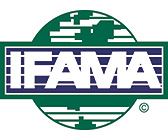
The International Food and Agribusiness Management Association (IFAMA) is a non-profit organization that brings together professionals from the food and agribusiness industry, academia, and government to promote sustainable food production and distribution systems.
The IFAMA was founded in 1990 and currently has members from over 50 countries. Its mission is to provide a platform for collaboration and knowledge sharing among professionals in the food and agribusiness industry, with the aim of promoting innovation, sustainability, and profitability.
The association organizes an annual conference that brings together experts from different fields to discuss current issues and emerging trends in food and agribusiness management. It also publishes the journal “International Food and Agribusiness Management Review,” which features research articles, case studies, and reviews related to food and agribusiness management.
The IFAMA also offers educational programs, including a global student case competition that challenges students to develop innovative solutions to real-world food and agribusiness problems. Additionally, it provides networking opportunities for its members through regional chapters and online forums.
Overall, the IFAMA plays a vital role in promoting sustainable food production and distribution systems by facilitating collaboration among professionals in the food and agribusiness industry.
MRT food
MRT Food is an organic products company in Iran that operates under the supervision of the European Organic Union and international standards.
This company sends organic products such as sour tea, saffron, Common Mallow,blue mallow,Damask rose,Thyme,Organic Hibiscus tea bags,etc to all countries of the world.
These products are made under the supervision of experts and with organic methods
And it is exported by air and sea with modern methods.
see certificates
Conclusion
Based on the fact that Mrt Food has all three certificates of the International Food and Agribusiness Management Association, it can be concluded that the company is committed to promoting sustainable food production and distribution systems. The certificates demonstrate that Mrtfoood has met the standards set by the association in terms of ethical, social, and environmental responsibility. This commitment to sustainability is reflected in the company’s operations and products, making it a responsible choice for consumers who prioritise sustainability in their food choices.

